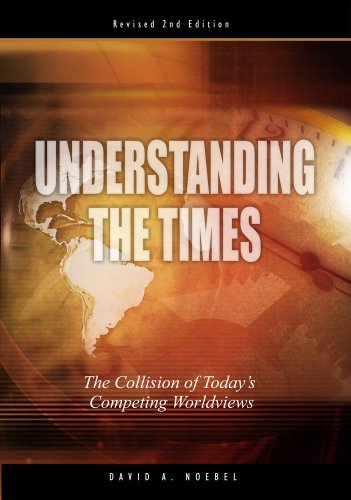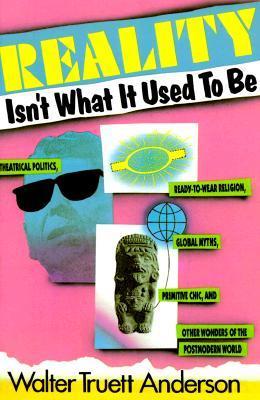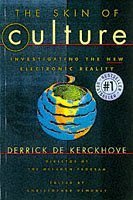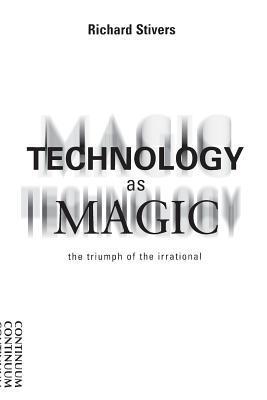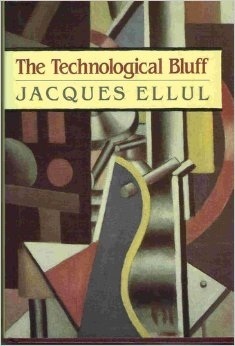
Technological Bluff
Book Description
A hidden force manipulates society, driving humanity deeper into a technological abyss. As individuals become mere cogs in a colossal machine, the lines between human connection and digital reliance blur. Characters grapple with their identities, questioning the very essence of freedom and authenticity. Competing ideologies clash in a gripping battle, each vying for control over a future teetering on the edge. With tension mounting and stakes rising, can anyone escape the seductive grasp of technology, or is liberation just an illusion? What happens when the very tools designed to help ultimately enslave? Discover the shocking truths within *Technological Bluff*.
Quick Book Summary
"Technological Bluff" by Jacques Ellul offers a profound critique of the pervasive influence of technology on modern society. Ellul explores how technological advancement, often seen as a marker of progress, conceals a manipulative force that subtly reshapes human behavior and values. He argues that individuals are increasingly subsumed into the machinery of technological systems, sacrificing genuine freedom and authentic relationships for the illusion of empowerment and connection. Through philosophical, sociological, and theological lenses, Ellul dissects how technological promises mask deeper threats to individuality and autonomy. Ultimately, he challenges readers to recognize the seductive allure of technology and question whether true liberation is possible in a world dominated by technical rationality.
Summary of Key Ideas
Table of Contents
The Illusion of Technological Progress
Ellul begins by challenging the widespread belief that technological progress equates to human advancement. Instead, he highlights how this narrative is a carefully constructed illusion—what he calls the "technological bluff." By unpacking the cultural and psychological mechanisms behind this bluff, Ellul reveals how society willingly accepts technological changes without questioning their broader implications. The myth of progress serves as a veil, obscuring the unintended consequences and subtle costs that come with incessant innovation.
Technology as Social Control
Central to Ellul’s argument is the observation that technology functions as a tool of social control. Rather than simply serving humanity’s needs, technological systems gradually demand adaptation from individuals, reorganizing societal structures and priorities. People become dependent on these systems and internalize new norms dictated by technological logic. As individuals cede control to institutions running on technical efficiency rather than human needs, they unwittingly surrender personal agency and become cogs within an impersonal machine.
Fragmentation of Human Identity
Ellul also delves into the psychological and existential dimensions of technological society. He describes how individuals struggle to maintain coherent identities amidst the pressures and fragmentations imposed by incessant connectivity and data-driven routines. The boundaries between public and private life erode, and personal relationships become transactional, mediated by digital platforms. This fragmentation undermines the search for meaning and belonging, leaving many feeling isolated despite being constantly connected.
The Loss of Authenticity and Freedom
Freedom and authenticity, core themes in Ellul’s critique, suffer under technological rationality. He contends that the promise of liberation through convenience and automation is undermined by the reality of surveillance, conformity, and homogenization. Choices become constrained by technological possibilities, rather than personal conviction or moral judgment. As society adopts technology not as a means, but as an end in itself, authentic living becomes increasingly elusive.
The Paradox of Liberation
Ultimately, Ellul examines the paradoxical nature of liberation offered by technology. While it promises empowerment and emancipation, it in fact tightens its grip on individuals through subtle forms of coercion and dependency. The seductive appeal of technological solutions distracts from deeper ethical and existential questions. Ellul concludes that breaking free from the technological bluff requires radical self-awareness and collective reassessment of the role that technology plays in shaping our perceptions of freedom, progress, and humanity itself.
Download This Summary
Get a free PDF of this summary instantly — no email required.


